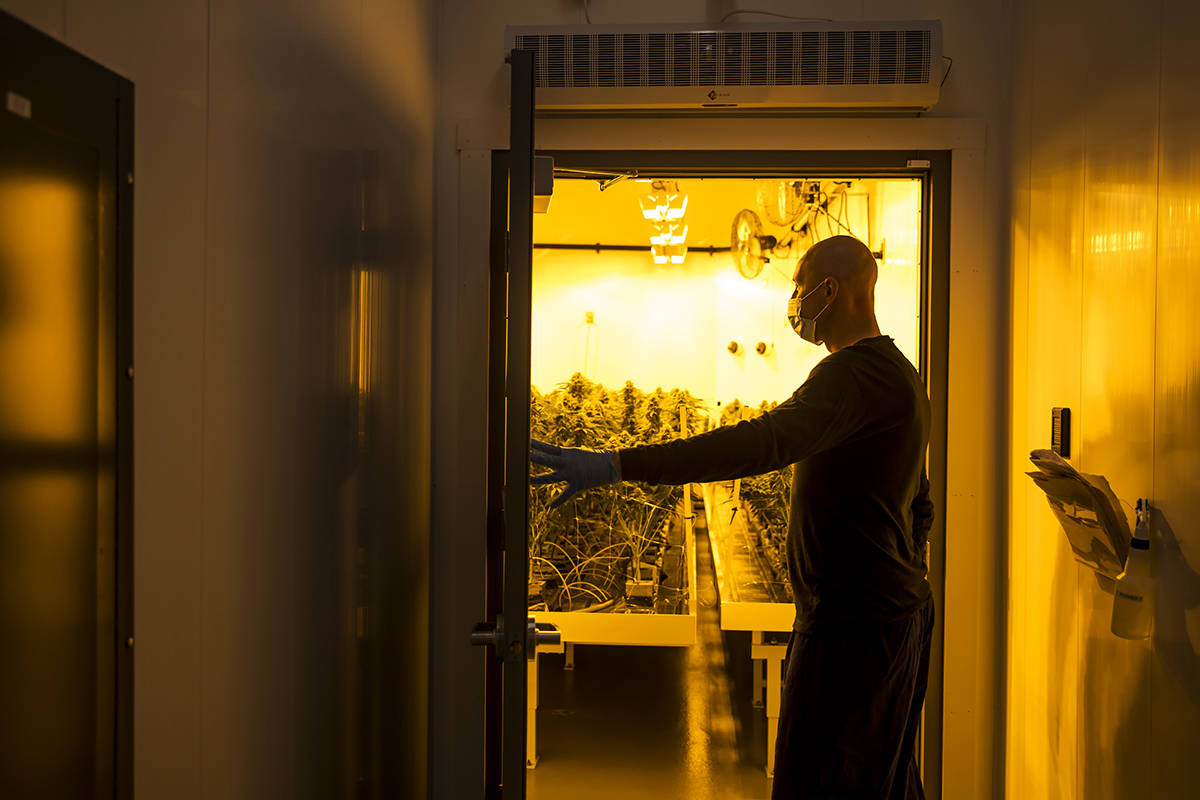Ontario’s government-owned Cannabis Store has rolled out a new designation for small-batch growers – a promotional boost that craft growers in Western Canada would like to see rolled out everywhere.
Out east, the product classification so far includes 20 licensed cannabis producers. Criteria includes that all dried flower and pre-rolls are hand-trimmed, hang-dried, hand-packaged and grown in a facility that produces less than 10,000 kilograms of dried cannabis (or equivalent) a year.
Ontario sales of legal recreational cannabis totalled $87.8 million in February, according to the latest stats available.
On the West Coast, the Craft Cannabis Association of BC has been pushing for a provincially endorsed craft cannabis designation since 2016.
“A craft cannabis designation will allow for specialized programs geared towards small businesses, and our seal will highlight cannabis products produced by small independent producers, enabling consumers to identify these products and make purchasing decisions,” association director Sarah Campbell told Canadian Evergreen.
The move would come as local companies and smaller growers are starting to enter a market that some critics say has been dominated by bigger national businesses since legalization almost three years ago.
“While there has been some unfair advantage, in that the larger producers were let in the door first, the consumer demand is increasing for small producers and this is not going unnoticed across the industry – and beyond,” said association director Teresa Taylor.
“B.C. has announced that direct-to-retail and farm-gate programs are coming in 2022, and this should support and further invigorate the potential for local cannabis markets.”
In some provinces, like B.C., craft cannabis growers are banding together to attract consumers.
In Quebec, the craft cannabis movement gathered momentum recently as more micro-producers officially joined the DLYS collective — an initiative put in place by ROSE LifeScience to increase locally-crafted options for consumers, while supporting community-based producers.
Taylor and Campbell agree that the future of B.C. bud could mirror microbreweries and VQA wine, so long as the awareness gets provincial support.
“We see the future of the Canadian cannabis industry thriving through the inclusion and diversity brought by small businesses,” Campbell said.
“This is an industry with a robust culture waiting to share the type of experiences that parallel what consumers expect to see from small beer and wine producers, like farm tours, tasting rooms and events.”
Black Press Media reached out to the BC Liquor and Cannabis Distribution Branch for comment.

